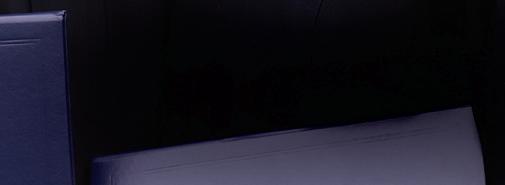
7 minute read
Omnia in Christo: Benefi ting Society Here and Abroad
Benefiting Society Here and Abroad
Taken from the college’s motto “Instaurare Omnia in Christo,” this section features an essay or excerpt from a recent paper or talk by one of Christendom’s distinguished faculty.
BY DR. CYNTHIA M. NOLAN
On July 18, 2017, China gave notice to the World Trade Organization that it would no longer import foreign recyclable garbage. The ban went into effect at the end of 2017, and by 2019, many nations that depended on China to take away their recyclable trash hadn’t solved their garbage problems. The result is a stockpile of household plastic and paper recyclables. Many cities in America do not know what to do with their recyclable trash.
China imported foreign garbage from 1992 to 2018 in order to extract the raw materials it needed for rapid industrial growth. In 2016, China recycled half of the world’s waste plastic, paper, and metals. Rather than purchase virgin copper or lumber pulp, or create its own plastic or glass, China imported used products via recyclable trash from places like the United States, Canada, Japan, France, England, or Germany, to name a few.
The recycling process employed thousands of people and saved Chinese industry millions of dollars. It also solved a problem for foreign countries: what to do with recyclables. The arrangement benefited the states that did not have the capacity to recycle their own garbage and encouraged the creation of new cities in China devoted solely to recycling. These cities were hazardous to the health of the citizens due to poor air quality, poor working conditions, and a rise in certain diseases among the local population. It also meant that China did not take care of its own garbage. In the summer of 2017, they decided to put a stop to the imports.
The official announcement was part of an anti-pollution campaign in China through the World Trade Organization by a specific waste import restriction on unusable material that contaminates recyclables. China will only accept recyclables like scrap metal, plastic, glass, cardboard, and paper with an impurity level of 0.5%. That level of purity is not common in the United States or elsewhere.
Recycling is expensive to process, and many people do not know the rules, so the effort to clean plastic (for example) goes to waste if there is one or two bottles that aren’t clean are thrown in too. So, where does our recycling go if China does not take it, and should we just stop altogether?
According to Pope Francis in Laudato Si, the solution has to come from human beings. He argues that we are capable of it. An individual’s lifestyle can acknowledge that consumerism has a moral in addition to an economic component. We need to leave behind our self-destruction to achieve sustainability. We will have to overcome individualism to truly care about the society around us.
Why? Every man is created in God’s image and likeness. Every person has an immense dignity that the Creator deeply loves. Any act of cruelty is contrary to our dignity. The Pope argues that we can’t love our God if we disregard any part of His creation by constantly consuming and destroying his world and his people. Maximization of profits, consumer culture, and disregard for the health of the environment do not create a better quality of life or a respect for human dignity.
Pope Francis emphasizes a global problem with a wide variety of descriptions, consequences, and complications. The overall term that he uses—environmental degradation—covers a significant number of factors and increased lifestyle problems, including housing, access to water, air pollution, disease, and landfills over capacity. In our immediate area, the problems that Pope Francis identifies seem remote. There may be no immediate effects to my lack of recycling. The local landfill in Front Royal, VA, is well managed, with years of continued availability. The cost to waste management in Warren County is negligible. My drinking water is not affected, and my quality of life is unaffected by pollution or disease.
Based on a rational cost-benefit analysis, as any introduction to macroeconomics will tell you, it is not rational to make a decision that costs more than the benefit it provides. Thus an individual decision in Warren County seems far removed from Pope Francis’s call to stewardship. Moreover, without a specific way to measure costs (which Pope Francis doesn’t give us), there is no incentive to recycle waste or save water or reuse resources beyond the generalized ones that he gives to love our neighbor.
How do you solve a global problem at a local level? Pope Francis points to our responsibility to our fellow man. His categories of problems and solutions are not actually related to results, but to the effort itself. There is no alternative to recycling even if it doesn’t immediately solve a problem halfway around the world from my home.
These efforts “benefit society, often unbeknown to us, for they call forth a goodness which, albeit unseen, inevitably tends to spread. Furthermore, such actions can restore our sense of self-esteem; they can enable us to live more fully and to feel that life on earth is worthwhile.” (Francis, Laudato Si, 2015, para. 212).
By taking an individual approach to solving world problems, we have a global effect. The above is an excerpt from paper presented at the Society of Catholic Social Scientists Conference, Franciscan University, October 2019. Dr. Cynthia M. Nolan is an adjunct professor of international relations in the Political Science department at Christendom College. Her undergraduate and graduate degrees came from American University. She also teaches online at American Military University. Dr. Nolan lives in Middletown, VA with her husband and five children.
Czech Republic, Austria, & Germany

September 28 - October 7, 2020

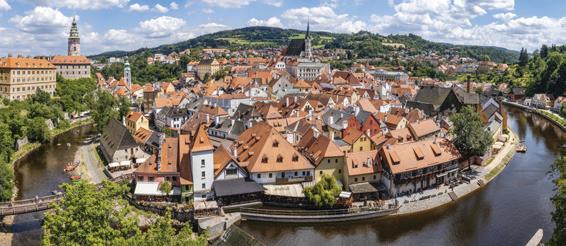
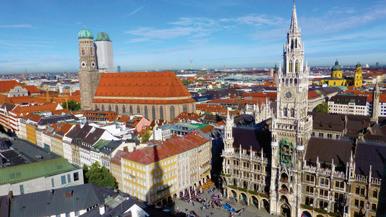
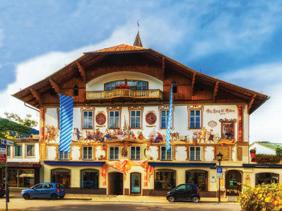
Join Christendom College President Dr. Timothy O’Donnell and his wife, Cathy, as they lead a pilgrimage to the beautiful and holy sites of Prague, Austria, and Bavaria and witness the famous Oberammergau passion play—an opportunity that can only be experienced once every 10 years!
Price: $4,480 | Space is limited. | CONTACT: Brenda.Seelbach@christendom.edu
A Once-in-a-Lifetime Experience for College-Aged Students IRELAND THIS SUMMER, STUDY ABROAD IN
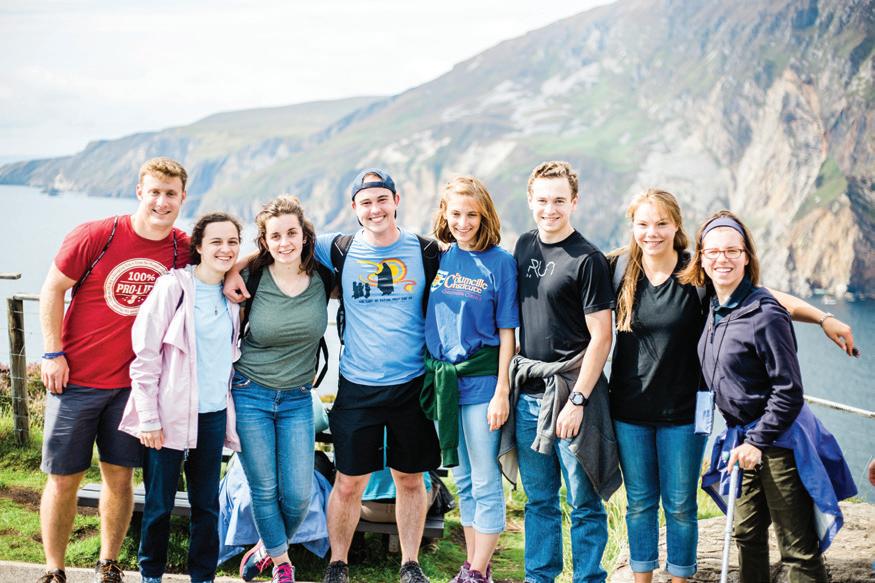
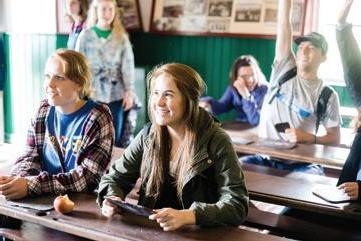
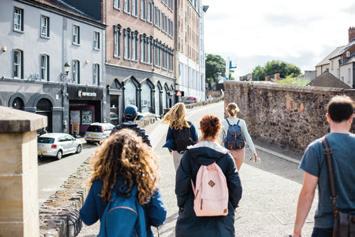

Join us for three weeks in the northwest of Ireland and earn six college credits as you train to be a leader in the New Evangelization through courses in literature, history, and theology.

134 Christendom Drive, Front Royal, VA 22630
$ 1 7 5 , 0 0 0 M A T C H I N G G I F T C H A L L E N G E
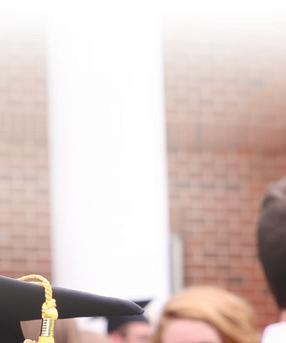
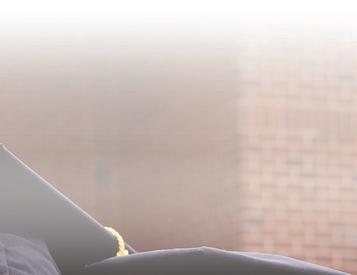
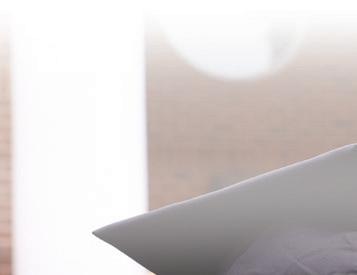

SUPPORT FAITHFUL CATHOLIC STUDENTS
Good news! The enrollment rate at Christendom is rising as more students than ever before seek an education rooted in truth, goodness, and beauty.

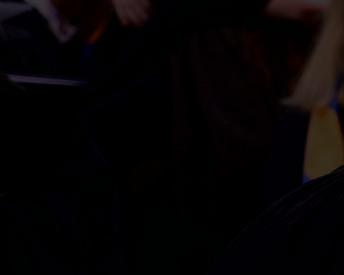

Since Christendom boldly rejects federal funding, students rely on generous donors like you to meet the growing need for fi nancial aid.
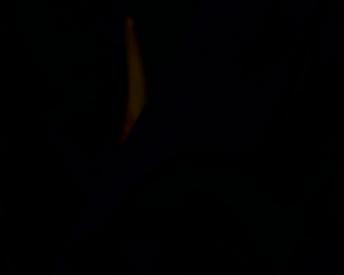
YOUR GIFT WILL BE MATCHED, DOLLAR FOR DOLLAR, BY DONORS UNTIL MAY 31, 2020.
2 x
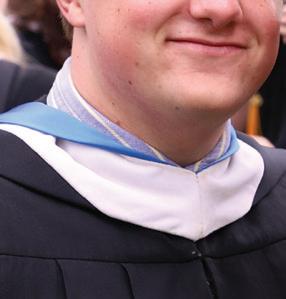

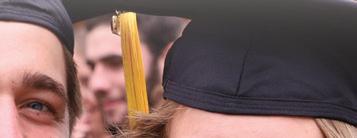


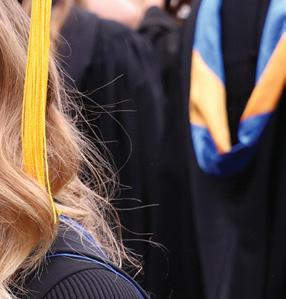

DOUBLE YOUR GIFT TO DESERVING STUDENTS
